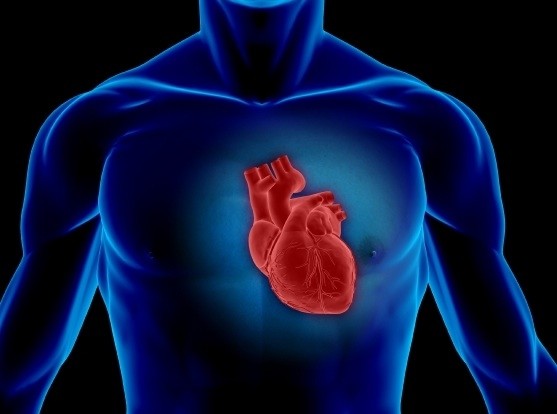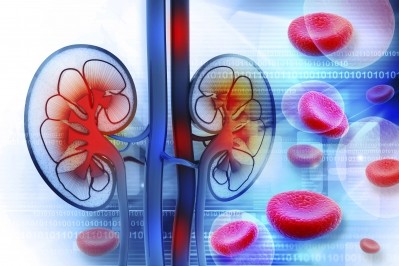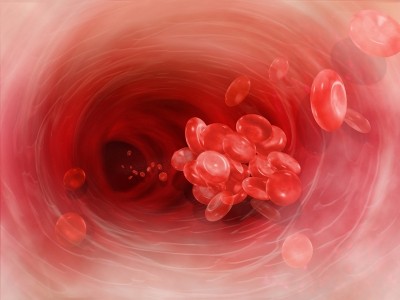Statistical review shows low Vitamin K2 as risky as smoking for heart disease

The authors of the article published in the journal Cureus took an epidemiological approach to the problem. They explored the relationship of vitamin K2 status to heart disease risk by looking at publicly available food intake data from 168 countries. The authors then inferred nutrient intake profiles from those data, and correlated those with records of early death (ages 15-64 years) from cardiovascular disease (CVD). They also sought to cross-reference the results of that correlation with risk factors such as insufficient physical activity, tobacco, biometric CVD risk markers, socioeconomic risk factors for CVD, and gender, using a complicated statistical approach known as univariate analysis.
Statistical technique
“The outcome measures included (1) univariate correlations of early death from CVD with each risk factor, (2) a multiple regression-derived formula relating early death from CVD (dependent variable) to macronutrient profile, vitamin K1 and K2 and other risk factors (independent variables), (3) for each risk factor appearing in the multiple regression formula, the portion of CVD risk attributable to that factor, and (4) similar univariate and multivariate analyses of body mass index (BMI), fasting blood sugar (FBS) (simulated from diabetes prevalence), systolic blood pressure (SBP), and cholesterol/ HDL-C ratio (simulated from serum cholesterol) (dependent variables) and dietary and other risk factors (independent variables),” the authors wrote.
While this approach could be open to criticism based on inclusion bias across 168 separate sets of data, the authors felt confident that their conclusions showed a definitive effect of vitamin K2 deficiency. They concluded that people in countries with very low levels of vitamin K2 intake had about 2.2 times greater risk for developing CVD than did those in countries with high intakes. In addition, they said their analysis allowed them to quantify the risk of low K2 intake in comparison to those posed by other risk factors.
“A multiple regression-derived formula relating early death from CVD to dietary nutrients and other risk factors accounted for about 50% of the variance between cohorts in early CVD death. The attributable risks of the variables in the CVD early death formula were: too much alcohol (0.38%), too little vitamin K2 (6.95%), tobacco (6.87%), high blood pressure (9.01%), air pollution (9.15%), early childhood death (3.64%), poverty (7.66%), and male gender (6.13%),” the wrote.
Dr Hogne Vik, MD, chief medical officer of vitamin K2 supplier Nattopharma (its ingredient is branded as MenaQ7), said that the authors’ conclusions build upon already available data about the effects of K2.
Importance of supplementation
“Animal trials and human observational studies have demonstrated that Vitamin K2 deficiency (mainly the long-chain menaquinones, like MK-7)—whether it be dietary or K inhibition caused by warfarin—contributes to CVD by stiffening and calcifying coronary arteries and other vessels,” Vik said.
Vik added that the study “has once more confirmed the importance of regular intake of vitamin K2 to secure a healthy cardiovascular system.”
Vitamins K and K2 have activity in the clotting of blood, and thus patients on blood thinners such as warfarin (brand name: Coumadin), are advised to avoid foods high in the vitamin, such as leafy green vegetables. Another important activity of K2 is to help modulate the mobility of calcium in and out of the bones (something that vitamin D3 helps with as well). The theory here is that having enough K2 can put calcium circulating in the blood where it belongs and help keep it away from where it doesn’t, as a building block along with cholesterol of arterial plaques.
The authors said the their observations should be confirmed with further research, but also said that “vitamin K2 in food products should be systematically quantified. Public health programs should be considered to increase the intake of vitamin K2-containing fermented plant foods such as sauerkraut, miso, and natto.”
Vik added that vitamin K2 levels could also be easily boosted with supplementation via a highly active form of the vitamin such as menaquinone 7.
“Supplementing with products containing MenaQ7 Vitamin K2 as MK-7 is a viable route to combatting Vitamin K2 deficiency, but the problem of concretely identifying this deficiency in the population remains a hurdle. Our hope is that the activity of vitamin K-dependent proteins, such as dpucMGP or ucOC, should become an accessible test for any physician to administer, and would be recognized by the medical community as a way to identify vitamin K deficiency,” he said.
Source: Cureus
“Cardiovascular Disease Death Before Age 65 in 168 Countries Correlated Statistically with Biometrics, Socioeconomic Status, Tobacco, Gender, Exercise, Macronutrients, and Vitamin K”
DOI: 10.7759/cureus.748
Authors: David K Cundiff, Paul S Agutter
















